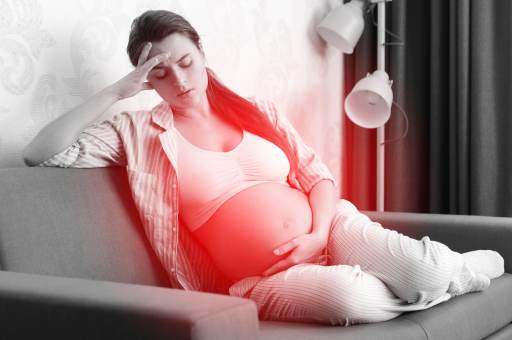Dr Harshala S
High Risk Pregnancy
What is a High-Risk Pregnancy?
High-risk pregnancy refers to that in order to have a healthy and successful pregnancy and delivery, extra care is needed. This is often the case if you suffer from a chronic illness or have other factors that may put you in the high-risk category.
Regardless of what causes pregnancy to become high-risk, it is likely that problems may persist with both you and/or the baby during the pregnancy, birth process, or even after the delivery.

However, keep in mind that there are many factors that can affect a pregnancy:
- Blood disorders like sickle cell disease
- Chronic kidney disease like preeclampsia.
- Depression includes both anxiety and depression
- High blood pressure
- HIV or AIDS
- Lupus
- Maternal age
- Obesity
- Thyroid disease
- Type 1 or type 2 diabetes
What are Causes of a High-Risk Pregnancy?
There are many conditions that can make a pregnancy high-risk. If you had problems with a previous pregnancy or delivered a baby early, next pregnancy may fall into the high-risk category as a result.
Of course, this doesn’t mean you’ll necessarily experience the same issues again, but previous problems with a pregnancy may cause your doctor to monitor health and the progression of the pregnancy more.
How to Reduce High-Risk Pregnancy Complications?
If you fall into the high-risk category during pregnancy there are things you can do to increase the health and wellness of both unborn child and yourself and avoid pregnancy complications:
- Schedule an appointment
- Find out all you can about your condition
- Go to all your prenatal appointments
- Have a healthy lifestyle with the right amount of weight and stay active if you’re able
- Ask your partner, family, and friends for support
- Look after your emotional well-being
